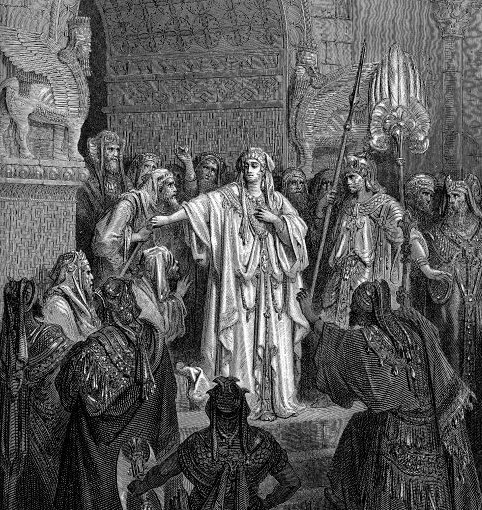Today around the world many will celebrate Purim. This is a celebration that thousands of years ago God delivered the Jewish people from near certain death. When the writer of the book of Esther chose to tell the story, their method of telling the story was very strange. For centuries Esther has baffled commentators and Bible scholars. It is the only book in the Bible where the word God is not mentioned – not even once.
How we use our words can be very revealing. The lack of words can also be very revealing. If you have ever been involved in a polite work discussion in the British isles you may have heard the phrase. “That is very brave.” What an American hears a Brit saying is, “They think I am courageous,” when in fact the Brit is trying convey a completely different thought: “You are barking mad.” So it was many years ago, the writer of Esther wanted to convey the feeling that God was hidden and removed from the day to day life of His people. It felt like God was absent.
To top it all off. This book which tells the story of a hidden or surreal God, tells the story of a very real and clear existential threat to the Jewish people. The Jewish citizens living in Persia were faced with a life and death situation and God seemed painfully hidden. In the hiddenness God is actively working. Esther, in vicarious representation of her people, walked into the courtroom of the king and pleaded in proxy for her people.
“If I have found favor in your sight, O king, and if it please the king, let my life be granted me for my wish, and my people for my request.” (Esth. 7:3)
Esther risks power, privilege and position to petition the potentate for her people. We know of a true and better prince, who not only risks everything, but actually gave up everything to rescue his people.
Let those Purim words sink in this Lent. Hear Jesus plead on the cross, “Let my life be granted to me … and my people for my request.”

